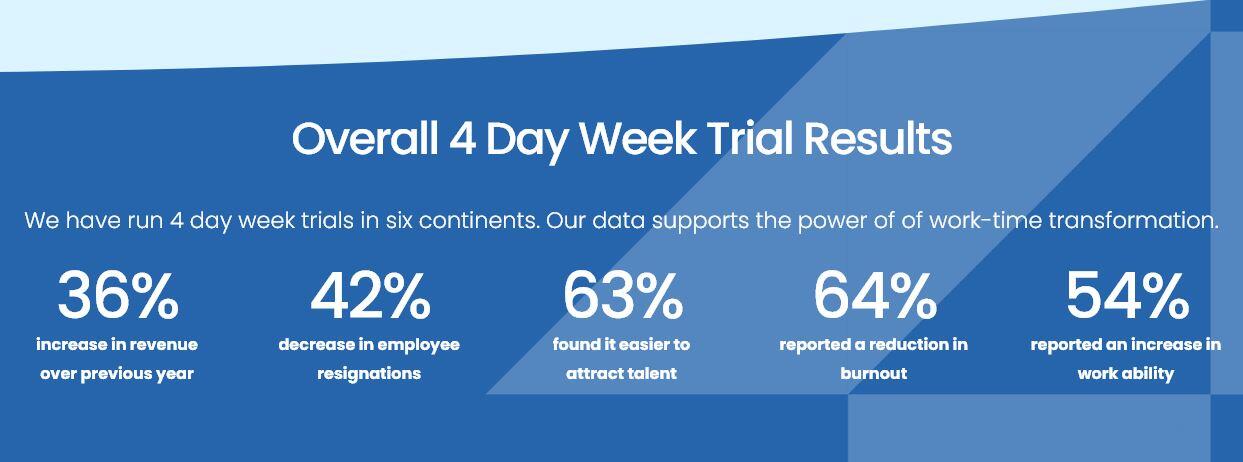Research from global recruitment agency Robert Half shows new initiatives to attract skilled workers will be a highlight of the recruitment world in 2025 as emerging trends are set to impact careers and businesses throughout and into the future.
Surveys by the recruiter point to artificial intelligence (AI) taking over a swathe of required skillsets, a lack of talent in specialised roles and the need for flexibility in employees’ work-life balance, which will bring with it challenges and opportunities this year.
“From AI shaking up (the) skills employers seek, to the push and pull of remote work — plus shifting economic pressures — organisations and professionals have to navigate a complex environment this year,” Robert Half said.
Employee demands
Workers are increasingly setting the tone in what they expect, with Robert Half data showing jobseekers are favouring hybrid working arrangements - with 75% of those surveyed saying they are least interested in fully-in-office positions.
While 92% of managers say they offer some form of remote option, 66% of employers say they are upping salaries to attract new hires to the office.
The recruiter says of those, 59% say they are looking to increase salaries up to 20% for four to five days of onsite work per week.
Yet more than a third of companies surveyed expect to transition to a four day work week within the next five years, says Robert Half data.
“The size of budgets and use of contract talent may depend on various factors in the economy and employment market, but one thing is clear: The hiring and business environment will continue to be complex and unpredictable," Robert Half says.
“For workers and employers, it’s important to stay attuned to changing conditions and how emerging trends could impact your career or business.”
Company growth is driving hiring needs for more than half of managers, and employers need skilled talent in place to support strategic business priorities.
Robert Half says 63% of managers say they are planning to recruit for new permanent positions, showing the potential for a lot of movement in the hiring market.
“[Again] 63% of managers also anticipate using more contract talent in 2025 to help stave off such potential issues and keep projects moving.”
Four day work week
Trials around the world have been overwhelmingly successful in implementing a four day work week for a number of years.
A proponent of the change, 4 Day Week Global, touts the 100:80:100 system - where employees receive the same level of pay for working 80 per cent of their normal hours while maintaining 100 per cent productivity.
A pilot program in Australia was run by the group back in 2022, where 26 organisations rated the four day week an 8.2/10 satisfaction in business productivity, a 44% reduction in absenteeism and 9% reduction in resignations over the course of the pilot.
Employees embraced the changes, with a resounding 96% wanting to continue the four day week post-trial.
When workers were asked how much more pay they would require to go back to five days a week, more than a third said somewhere between 26-50% more - and more than 10% said no amount of money would entice them back to go back.
At that time, 95% of businesses said they planned to continue the system into the future.
Globally, the changes have had a positive impact on businesses and employees across the globe int he past five years.

Fast forward to today, and large organisations are reaping the benefits of the change. Medibank Private is one of them, recently doubling its 250 person trial to 500 in Australia.
Its own survey data from the previous 250-person trial showed a 6.7% increase in ‘willingness to go above and beyond’, among other positive metrics such as a 16% increase in overall health.
Employers embrace generative AI
Exponentially improving AI tech is changing how work gets done and affecting who is being recruited, Robert Half says.
A total of 54% of team leaders surveyed said they had shifted their hiring focus to different skills due to advancements in AI and automation.
AI is already working across the business landscape to improve and accelerate processes such as data analysis, financial reporting, digitisation, conceptualisation, content creation and budgeting.
The recruiter says professionals who can use AI effectively are in hot demand — not only to perform the tasks but to oversee AI’s output to ensure accuracy and make adjustments where required.
Outlook
Robert Half says these workplace trends are set to continue this year and beyond.
“The size of budgets and use of contract talent may depend on various factors in the economy and employment market, but one thing is clear: the hiring and business environment will continue to be complex and unpredictable,” the global recruiter said.
“For workers and employers, it’s important to stay attuned to changing conditions and how emerging trends could impact your career or business.”
